Prince Karel Schwarzenberg, exiled Czech aristocrat who later became foreign minister in his homeland – obituary
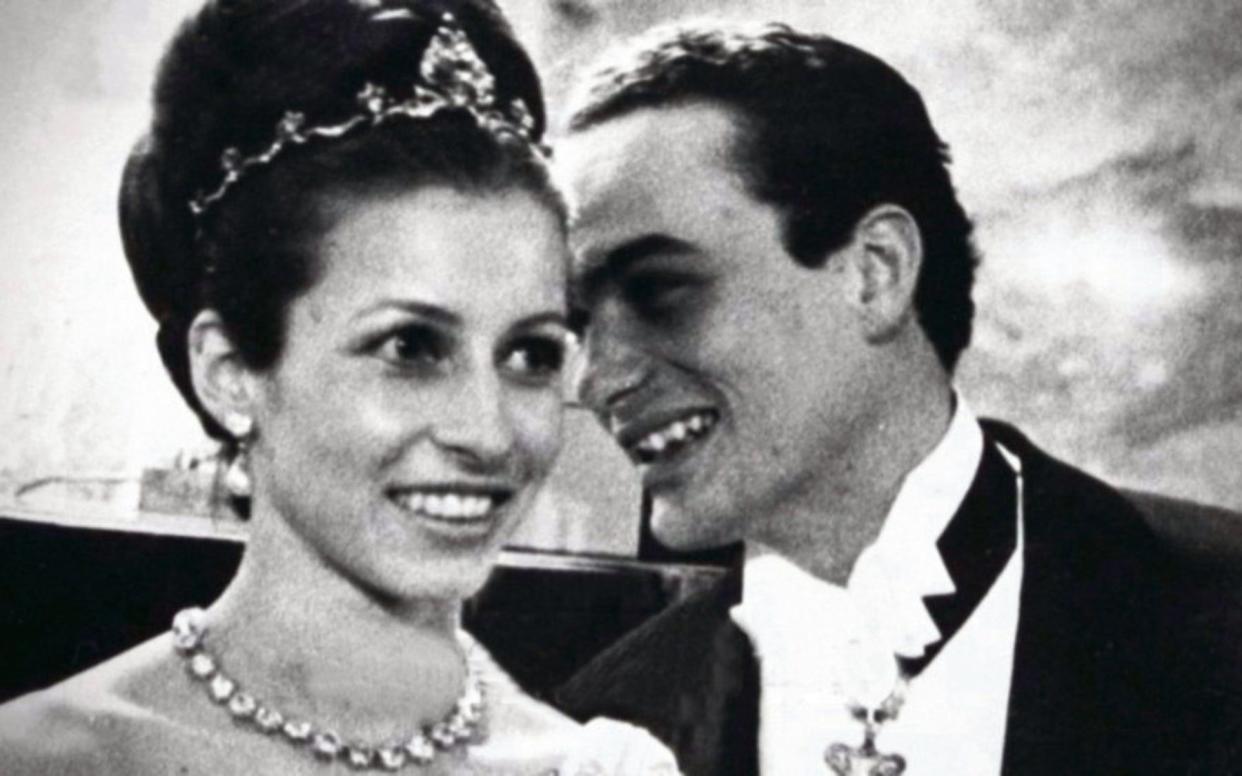
- Oops!Something went wrong.Please try again later.
- Oops!Something went wrong.Please try again later.
Prince Karel Schwarzenberg, who has died aged 85, was the head of one of Europe’s oldest aristocratic dynasties, and eyewitness to the turmoil visited on central Europe in the 20th century; exiled from his family lands in Czechoslovakia in 1948, he was an active participant in the movement which ousted the communist regime of Miloš Jakeš, and returned to Prague in 1989 after the Velvet Revolution led by Václav Havel.
Schwarzenberg then served as the chief advisor to Havel when he became president, first of Czechoslovakia and later of the Czech Republic. Schwarzenberg would later serve as Foreign Minister, from 2007 to 2009 and again from 2010 to 2013, and nearly became president himself.
Karel Schwarzenberg was born in Prague on December 10 1937 into a junior branch of the Schwarzenbergs, who had been one of the Austro-Hungarian Empire’s richest families, and still held vast tracts of land in Bohemia. Karel was the eldest of four children of Prince Karel Schwarzenberg and his wife Princess Antonie (née von Furstenberg). One of his ancestors, Prince Karl Philipp zu Schwarzenberg, was one of the few generals who could claim to have defeated Napoleon, at the Battle of Leipzig in 1813.
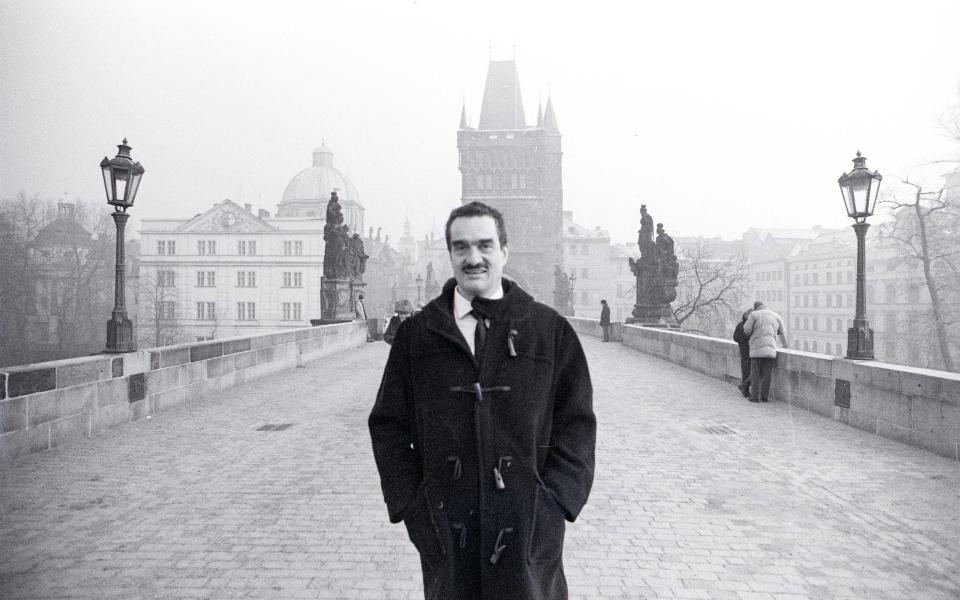
In 1940, after Czechoslovakia had been occupied by Germany, many of the Bohemian lands of the senior branch of the family were confiscated and the Nazis imprisoned Karel’s uncle Heinrich. Then, in 1941, Karel and his family were expelled from Orlik, the ancestral home of his branch of the Schwarzenbergs.
After the Soviet-backed coup of February 1948, they fled to Austria, where Karel’s father found work as a librarian. Karel twice failed his law degree (he was, he admitted, a “terrible student”), and threw himself into the management of his family’s forestry in Austria. He also became active in the Austrian People’s Party, helping to soften its ultra-conservative image, and saw it enter government in the 1960s.
Although he was influential in Austrian politics and popular in Vienna’s cafe society, Schwarzenberg never sought office in Austria. He preferred to use his influence to aid the Soviet satellite states in eastern Europe, particularly his native Czechoslovakia, which he first revisited in 1968.
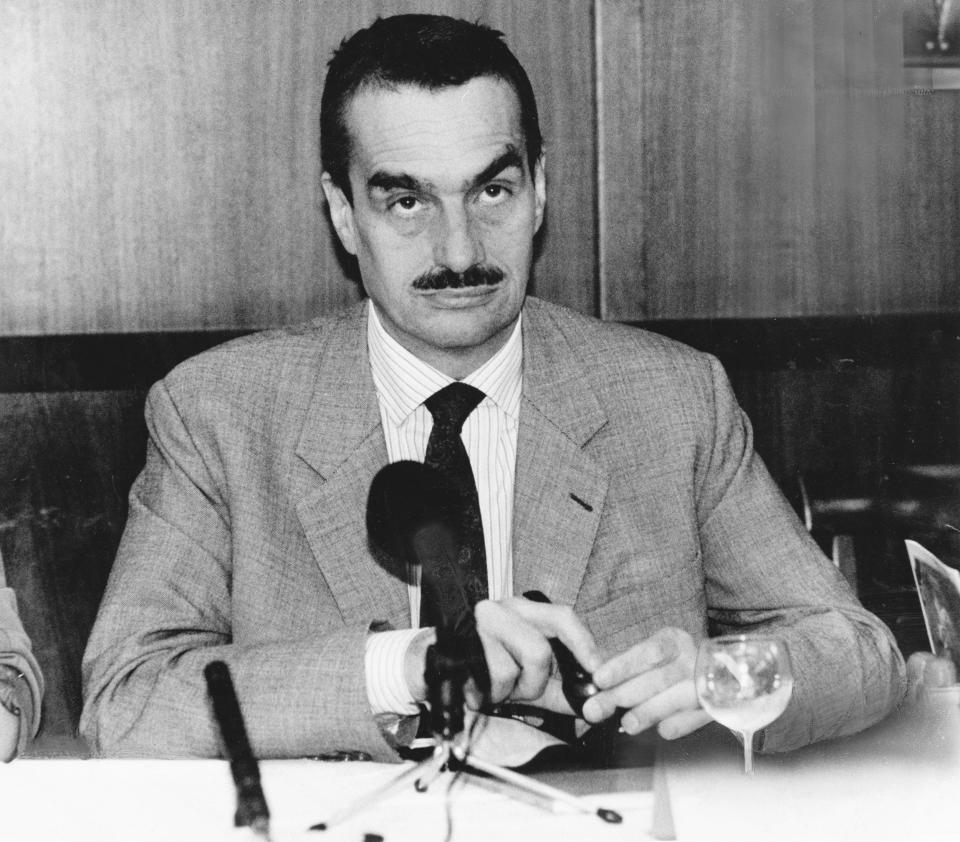
Financial support for dissident writers behind the Iron Curtain became one of Schwarzenberg’s principal concerns throughout the 1970s and 1980s. He helped to found the Documentation Centre for the Support of Independent Literature in Czechoslovakia and established its headquarters in Castle Schwarzenberg at Scheinfeld, Bavaria.
At the suggestion of the Austrian Chancellor Bruno Kreisky, in 1982 Schwarzenberg became president of the International Helsinki Federation for Human Rights. The organisation won, jointly with the Polish Silidarity leader Lech Wałęsa, the European Human Rights Prize in 1989 and it was through the foundation that he met Václav Havel.
Through his human rights work, Schwarzenberg was already well-known to such political figures as Helmut Kohl, Henry Kissinger and Madeleine Albright, and understood better than any the complex dynamics between Prague, Budapest, Bratislava, Warsaw and Vienna, which made him an ideal candidate to serve as Foreign Minister.
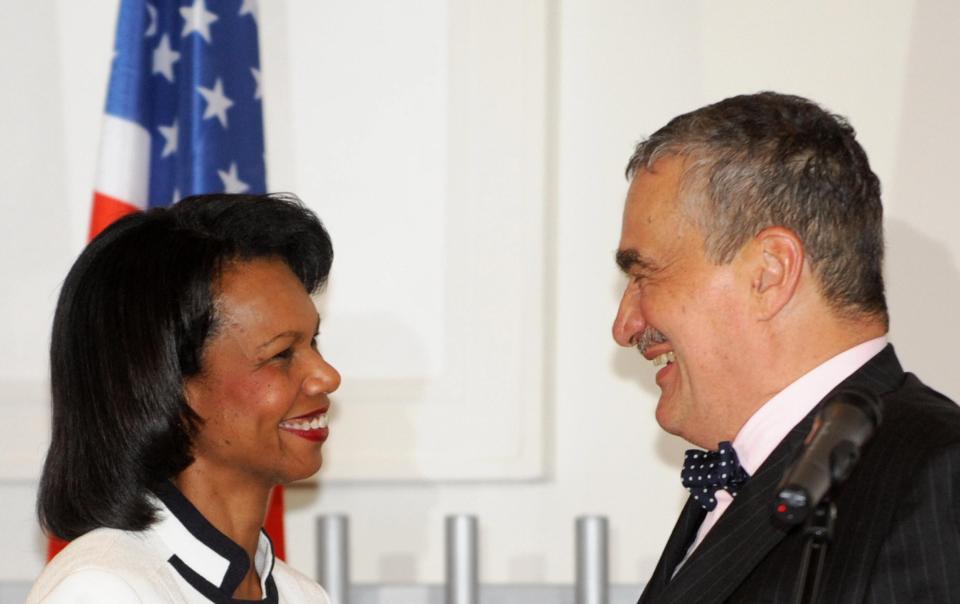
He served his first term at the Foreign Ministry as a non-partisan minister nominated by the Czech Green Party. In 2009, however, he helped to found TOP09, a liberal-conservative party, and was elected as an MP the following year.
But when he ran for the presidency of the Czech Republic in 2013, the fact that his father-in-law, Count Johannes von Hardegg, had been an ardent Nazi was used against him, and he finished the runner-up, with 45 per cent of the vote.
Unlike in Hungary, where there was no restitution of property to those from whom it was confiscated under Communism, the new Czechoslovak regime was generous in returning castles and land to dispossessed aristocrats in the 1990s. Schwarzenberg was one of the principal beneficiaries of this policy and he himself was generous to good causes in the country.
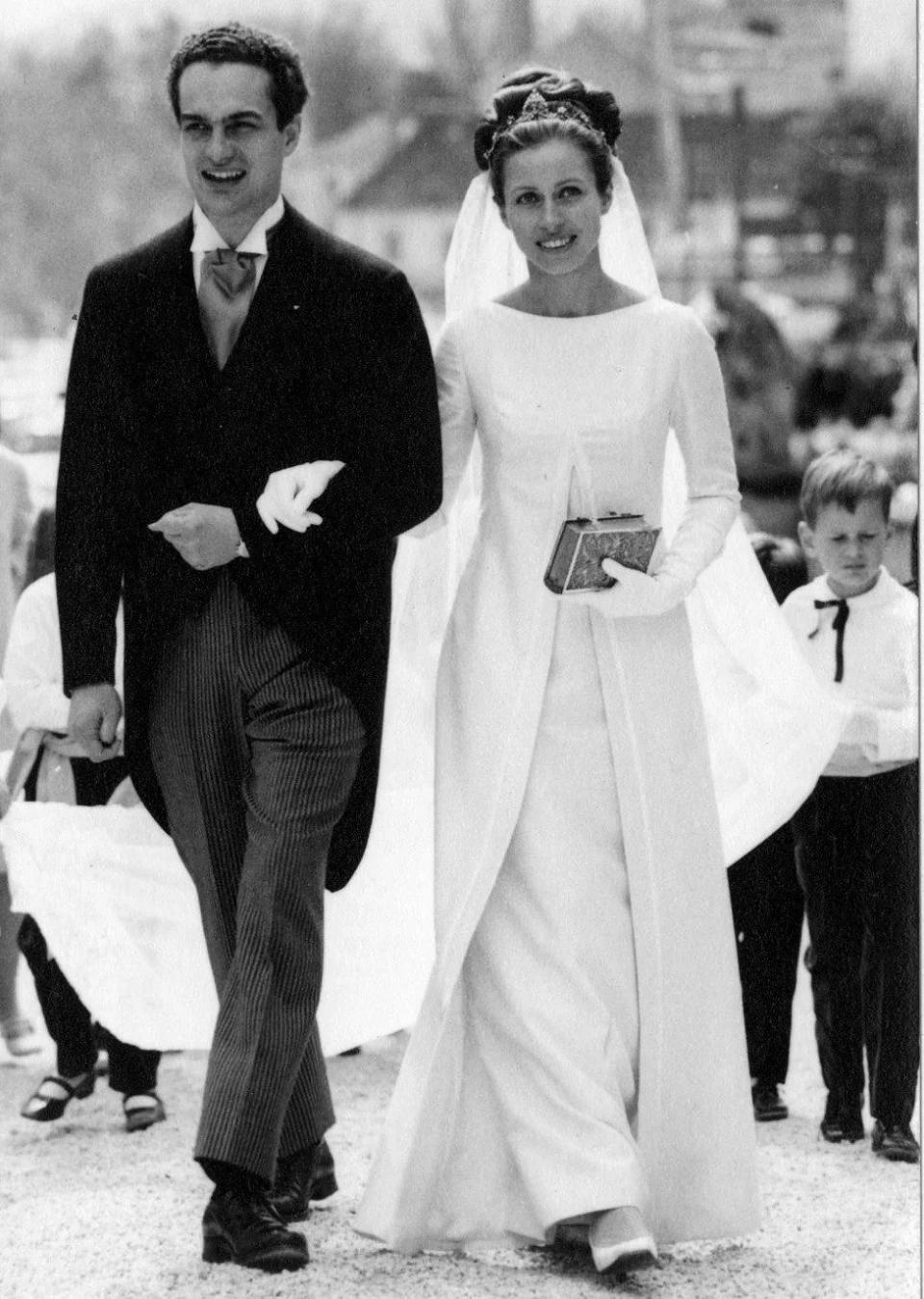
In 1960 Schwarzenberg had been adopted by his uncle Heinrich Schwarzenberg, representative of the senior branch of the Schwarzenbergs, making him heir to all branches of the family. By his death he was Prince of Schwarzenberg, Count of Sulz, Princely Landgrave of Klettgau and Duke of Krumlov, among other titles.
In 1967 he married Countess Therese von Hardegg, with whom he had three children. They subsequently divorced but remarried in 1988.
Prince Karel Schwarzenberg, born December 10 1937, died November 12 2023

